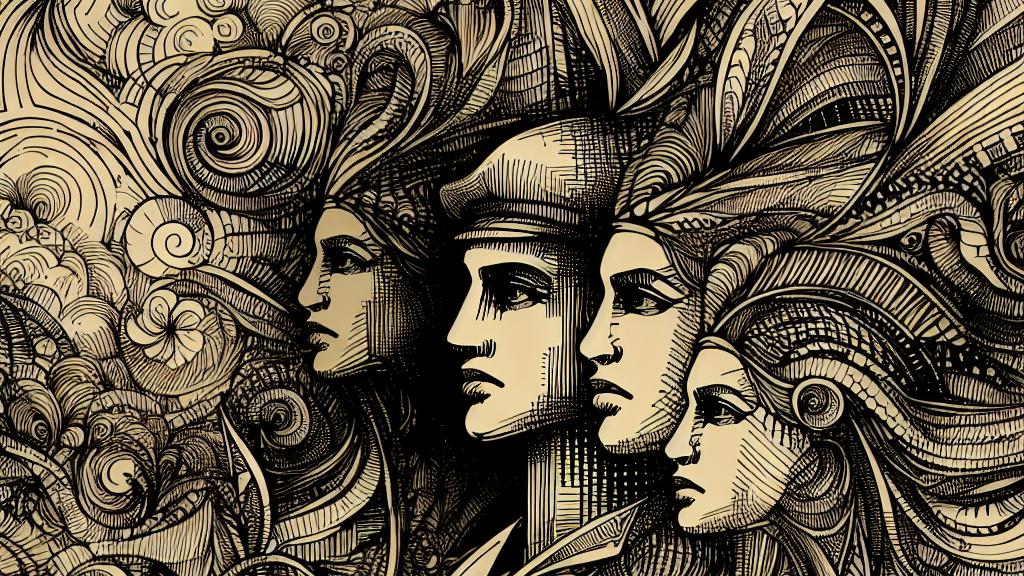Penguin Random House's Unyielding Stance Against AI Training
Overview
- Penguin Random House takes a bold stand, forbidding the use of its books for AI training, marking a pivotal moment in the publishing industry.
- This decisive action emphasizes the importance of copyright protection and the rights of authors in the digital age.
- As artificial intelligence continues to evolve, the need to safeguard creative works becomes increasingly crucial.

Context of the Decision
In a remarkable display of corporate responsibility, Penguin Random House, recognized as the largest publisher in the world, has officially prohibited artificial intelligence (AI) from utilizing its extensive catalog for training purposes. This groundbreaking decision, unfolding in the United States, comes amidst a fierce national dialogue regarding copyright norms in an AI-dominated landscape. The company plans to implement a significant revision to copyright statements found in all upcoming publications, clearly articulating that none of their content—ranging from bestsellers to classic literature—can serve as training data for AI systems, including innovative large language models (LLMs). This move not only shields the intellectual property rights of their authors but also serves as a critical alarm bell for other publishers to adopt similar practices. For instance, as AI technologies gain momentum, this protective stance creates urgency, urging the industry to re-evaluate how digital content is consumed and utilized.
Legal and Ethical Considerations
Navigating the legal and ethical complexities of copyright law in the age of AI is a daunting task. Under the EU Copyright Directive, publishers now possess the power to expressly reserve rights against text and data mining, allowing them to deny AI companies access to their works without prior consent. This development holds profound implications, especially considering that many AI tools depend on vast databases of text—frequently culled from copyrighted sources—leading to ethical quandaries about authors' rights and how their creations should be treated. Penguin Random House’s proactive policy reflects a broader, urgent call for stronger copyright protections, driving home the message that without explicit permission, no one should exploit the artistic contributions of others. The move also resonates with other creatives, including filmmakers and musicians, who find themselves grappling with similar dilemmas as they seek to defend their intellectual property. By advancing this protective agenda, Penguin Random House seeks not only to establish boundaries but also encourages a culture where creativity is celebrated and safeguarded.
Industry Implications and Future Outlook
As certain publishers explore licensing agreements for AI training, Penguin Random House’s firm rejection sends a clarion call through the industry, signaling the need for stringent guidelines regarding digital rights. This pivotal decision has ignited rigorous discussions among a diverse group of stakeholders—authors, editors, and literary agents—about the challenges posed by AI-driven technologies. For instance, notable voices within the literary community have raised significant concerns about AI's potential to dilute the uniqueness of human creativity by generating content that lacks original essence. Furthermore, as writers and publishers unite their efforts, they bring forth a collective insistence that artistic integrity must be prioritized amid technological advancement. If the current trajectory continues, we could witness a transformative shift in the publishing landscape—one that emphasizes ethical considerations, fosters collaboration among creatives, and ensures that the fruits of artistic labor are rightfully protected in a rapidly changing digital world.

Loading...